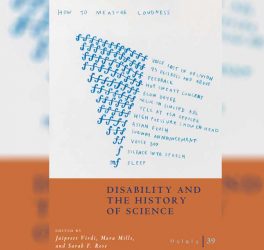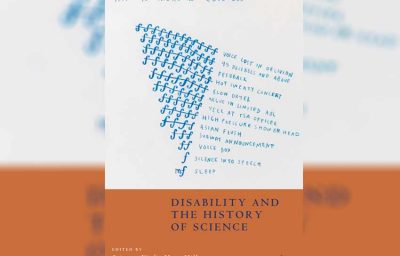
People with Disability Australia (PWDA) has tentatively welcomed today’s announcement that all levels of government will delay their formal response to the Disability Royal Commission (DRC) until mid-2024.
PWDA President Marayke Jonkers has called the extended timeline an opportunity for deeper consultation and co-design with people with disability.
“We want an end to the violence, abuse, neglect and exploitation people with disability have endured and still face. We recognise complex and large-scale reform is necessary if the experiences we shared through our Royal Commission are to never happen again.
“We need time and space for governments and people with disability to work together on a future that includes sustainable supports, inclusive communities and gets rid of segregated spaces where violence, abuse, neglect and exploitation of people with disability occurs.
“People with disability need all levels of government to include us in the decision making and co-design of every change, policy and reform that comes from our Royal Commission and the NDIS Review.
“We recognise that taking more time to release the Australian, State and Territory Governments’ responses to the Disability Royal Commission can allow this co-design to occur in a meaningful way. It also recognises more time is needed to understand how the DRC recommendations intersect with those of the NDIS Review.
“This is an opportunity for governments to spend more time consulting with and being led by people with disability on the next steps. Co-design where people with disabilities, and our representative organisations, are involved in the entire process from the beginning is the only way governments will get it right and deliver reform that genuinely works for people with disability,” Ms Jonkers said.
PWDA has also called for transparency from governments regarding their priorities and planned reforms.
“The formal responses may be delayed but the governments involved must not delay outlining to the community their plans around consultation related to specific responses to the NDIS and DRC recommendations. A lack of specifics and detail can cause concern among our community. Our community wants to understand what changes are being discussed and how they could impact them – they want to understand, and they want to be heard,” Ms Jonkers said.








